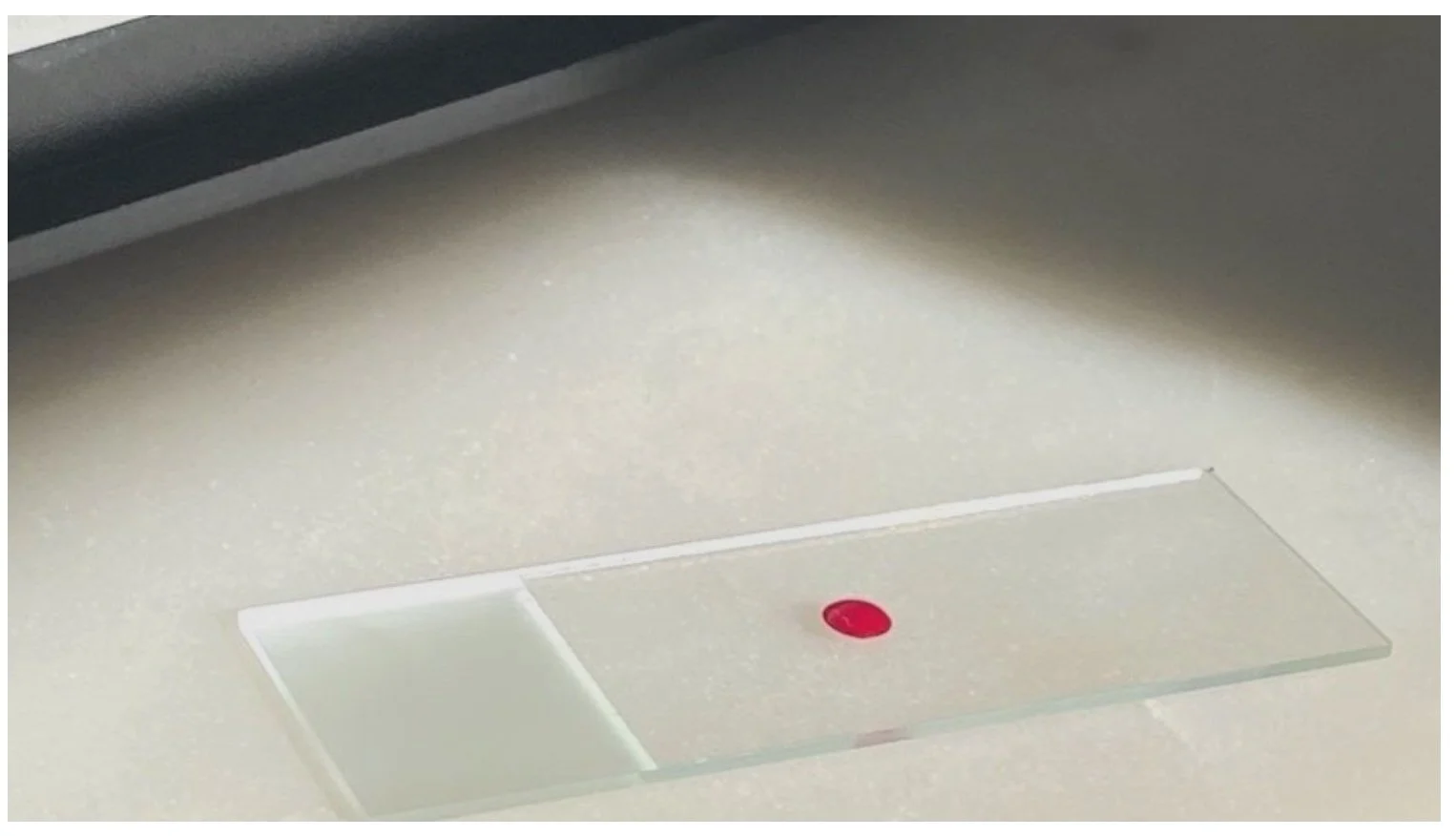REVIEWING BOOKS: KATIE COURIC GOES COLONIC
Book: Going There (2021)
Author: Katie Couric
Katie Couric was a journalist for what seemed like forever. Nobody was sure what happened to her after the Today show, so she wrote a book. I read Going There because it was cheap and undemanding. Couric generally seems disingenuous except on the subject of cancer. Aside from talking about inspiration from her news editor dad, cattiness at CBS, and dirty tricks from rival networks, Couric includes a valuable narrative about colon cancer.
In 2000 she did a live colonoscopy after her first husband died from colorectal cancer. This is after she concealed her very personal struggle by keeping up smiley-face appearances on a live morning show. Remarkably, Couric flew to London to cover Princess Diana’s funeral while her husband was dying.
The best thing this book did was give an inside look at what it is like to deal with a partner with colon cancer. Couric is honest about her selfishness, privilege and ignorance. She makes a significant point about fruitless attempts trying to save someone from colon cancer when the effort of recognizing the warning signs were completely missed.
Couric did not explain the cause of her husband’s cancer, but she did emphasize how her diligence and money did not help cure* him. He passed away before the screening age of 45. Hers was a situation where her husband was a fit, successful Upper-East-Sider and his significant weight loss went unnoticed. The latter mostly because it was fashionable. Questions, observations and tests during regular check-ups by attending medical practitioners could have recognized any markers he presented and may have helped stop the cancer at Stage 1. Unfortunately, a lot of what we know now was not accepted back then. In fact, aside from sticking a tube up yours, modern medicine remains largely in the dark about preventatives.
Science
Additional signs Katie Couric noticed was that her husband was taking antacids and eliminating caffeine to combat gastrointestinal discomfort. Gut issues that are symptomatically experienced in the form of acid reflux, for example, should never be ignored. Tumor growth can obstruct regular digestive processes that subtly manifest. Modern science has started to take the gut-brain axis (GBA) more seriously in relation to every aspect of our health, including inflammation, but dietary complications are still ignored.
High fiber diets are usually recommended to maintain colon health, but western diets remain unbalanced in favor of inflammatory salty and acidic foods. High fat diets may also increase certain immune cells linked to cancer and inflammation. Unfortunately, some common conditions like IBD (inflammatory bowel disease) can lead to colon cancer. This is due to chronic intestinal epithelium-damaging inflammation experienced with IBDs like ulcerative colitis. Dietary factors also alter the microbiome, but this was not considered a factor by the medical field 22 years ago. This oversight missed the opportunity of ruling out possible signs in early detection.
Once colon cancer has progressed to later stages, it is quite difficult to reverse the damage. Surgical and pharmaceutical therapies are usually used in combination to either mitigate metastasis or pain. Couric admittedly used her NBC fame to gain access to what seemed like every expert on the planet. By the time the severity pushed them to see a doctor, the cancer had spread and removing part of Jay’s intestines could not alleviate his condition. Experimental monoclonal antibodies, ablation or Avastin were also looked into.
Fans suggested alternative medicine solutions, which Couric took to heart. The problem with traditional medicine systems is that they need to be used before disease manifests, especially in aggressive conditions like cancer. Ayurveda makes a point to lower inflammation through various methods in order to avoid inflammatory diseases ranging from IBD to psoriasis. More recently, turmeric has also been shown to relieve colitis when delivered through specialized oral biologics, which can be considered as a preventative measure.
Bottom Line
Unveiling personal experiences with cancer can help others relate or cope with their struggles and losses. Couric detailed a first-hand experience in what it was like to realize a loved one has cancer when it is too late, but still have hope. Her details on this made me feel bad for her unexpectedly becoming a single parent to very young children and sympathy for her kids not knowing their father. Aside from this factor, it is not worth the read. Most of the chapters are quite short and lack depth in her experiences as a woman in an unforgiving field. What she did reveal made me question why we all liked her in the first place. I definitely learned what not to be from Katie.















